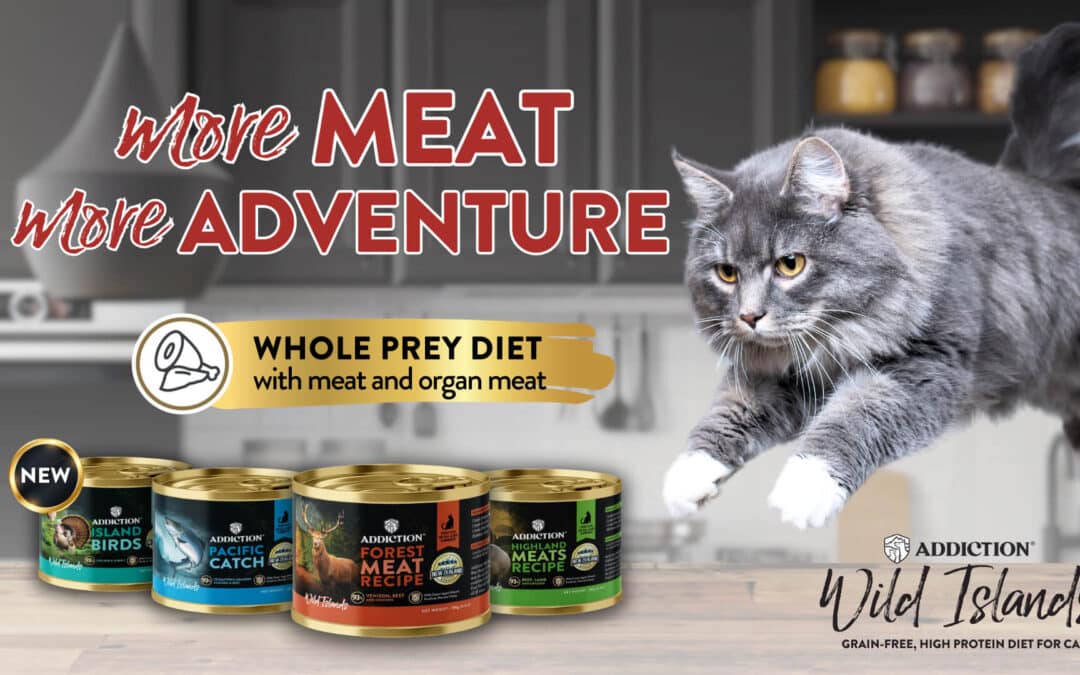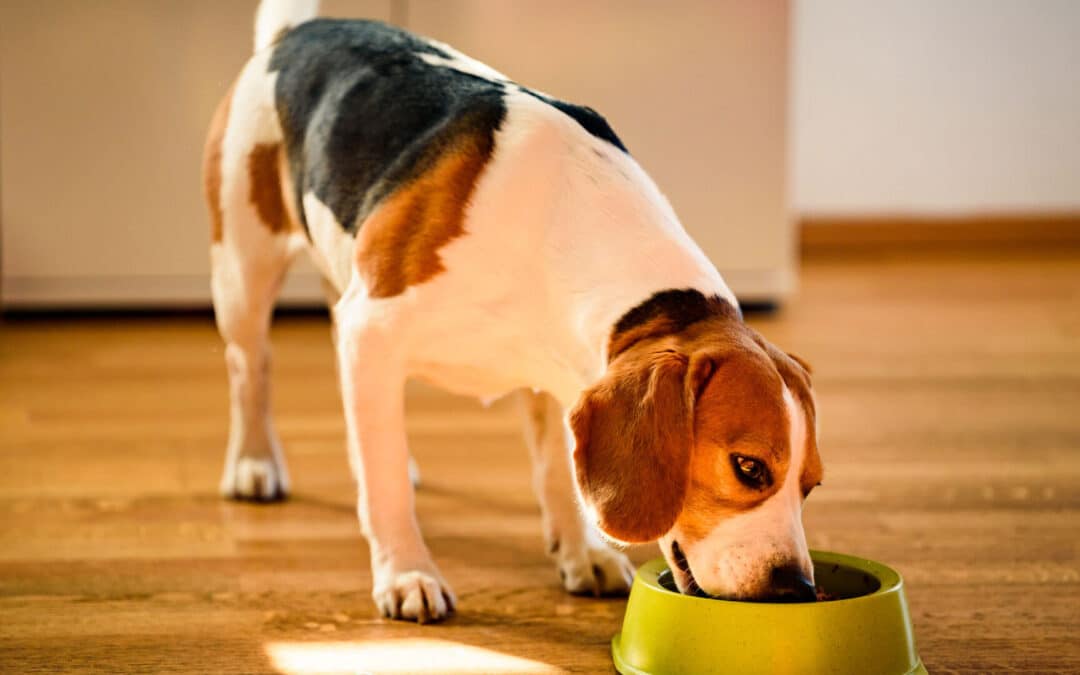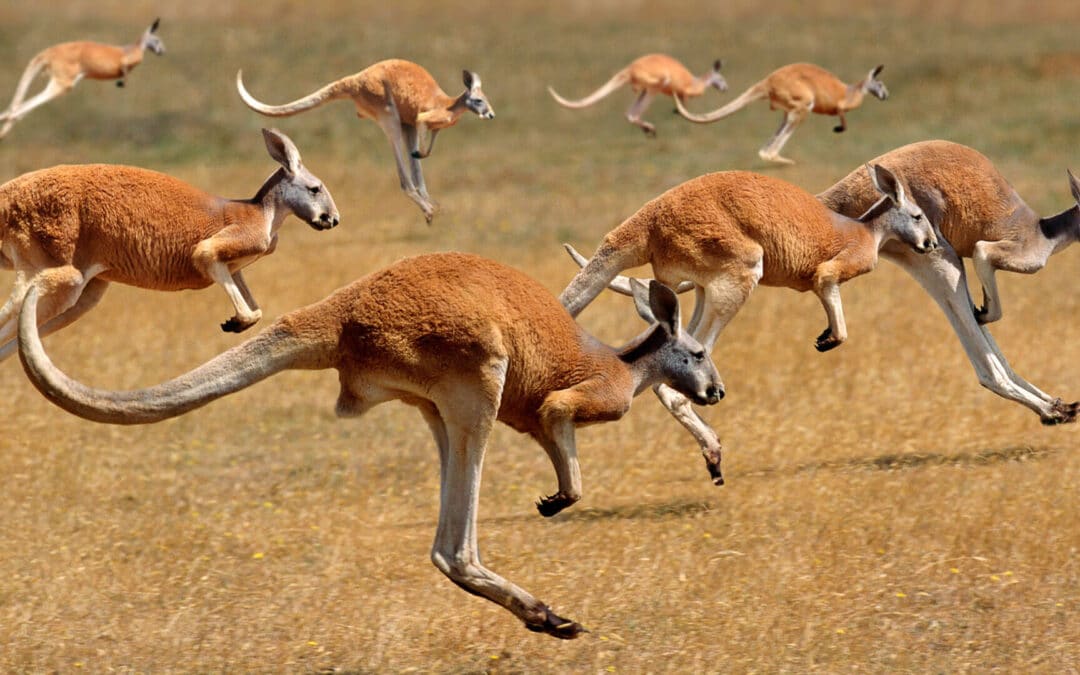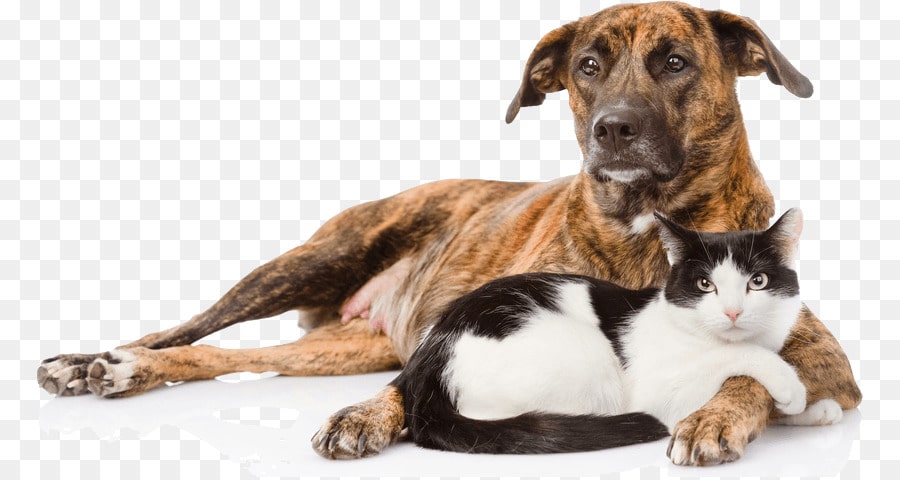According to Pet Obesity Survey, 55.8% of dogs are obese or overweight. This condition poses a danger to your beloved canine pets. Read on to learn more about weight management for your pets.
How to find out if your dog is obese
Did you know that many pet parents aren’t able to recognize if their pet dogs are fat or obese? Many “veterinarians report that nearly 50% of all the dogs they see are overweight, [and] only 17% of pet owners agree.”[1]
To find out if your dog is obese, try to feel around his ribs and spine. “You should be able to locate both with only a thin layer of fat separating the skin from the bones. If you can’t find the rib cage, you have an overweight dog.”[2]
So what if your dog is obese?
Dogs who are obese are prone to many diseases related to their condition such as:
- Arthritis – extra weight means extra pressure on the joints of your dogs. This leads to the deterioration of the cartilage in the joints leading to arthritis. While pain medication helps, it’s best to have your dog lose weight.
- Urinary incontinence – when your dog is obese, it can mess up your dog’s hormone levels, telling the bladder it’s full when it’s not. It can also indicate other diseases associated with obesity like diabetes, kidney failure, and kidney stones.
- Fatty liver disease – excessive liver fat increases the size of the liver, causing abnormal bile flow that affects proper liver function. When this happens, the liver’s capacity to detoxify the bloodstream and transform raw fat into useful nutrients is impacted. When the liver cannot detoxify the bloodstream, the dog becomes susceptible to a number of diseases such as hepatitis, cirrhosis, or heart disease.
- Diabetes – usually sets in when dogs are older but young dogs can also acquire this. Some breeds are also prone to diabetes. But what is known is that when dogs are overweight, it increases their risk of developing the disease.
- Heart and lung problems – “obesity in dogs has been associated with mild heart changes and reduced respiratory function and tracheal collapse.”[3]
Weight management for your dogs
If your pet dog is obese, here are some things you can do to manage your dog’s weight:
- Count calories. Your veterinarian is the best person to tell you how much calories your dog needs. Besides, you need to consult your vet before switching your pet to a new diet plan.
- Measure meals. Once you’ve calculated how much calories your dog needs, find out how much food you need to give with every meal.
- Check the treats. Many dog treats are filled with fat and sugar. Choose healthier treats with low calorie and low to no sugar treats.
- Exercise! Yes, it’s true. Exercise will benefit you and your dog. Besides, you’ve got no excuse not to exercise because you already have an exercise partner in your pet. A 20- or 30-minute brisk walk is a good start as it boosts the immune function and improves the cardiovascular health of your dog.
- Reduce carbohydrate intake. Carbohydrates are the major reason why many dogs are fat. If you’d care to check the pet food label you’ve been feeding your pet, you’d be surprised. Many pet foods contain 60% more carbs.
To keep your pet dogs healthy, ask your vet about other ways to control their weight. But don’t forget the most important part of the weight loss regimen—pet food. Check out Addiction pet foods and see what fits your dog well. You can also use our Nutrition Advisor on our homepage too! Again, consult your veterinarian if you are putting your pet on a weight management program.
We have gone further to promote pet health by producing and distributing pet foods under strict safety measures. Your favorite pet food brands will still be available at your local store. Stay safe and shop responsibly. Avail of contactless online delivery with our online retail partners in New Zealand, Singapore, or the USA.
Like us on Facebook and follow us on Instagram for more pet health and nutrition updates.
Reference:
[1] https://www.dogfoodadvisor.com/dog-feeding-tips/dog-lose-weight/
[2] https://pets.webmd.com/dogs/guide/overweight-dogs-and-canine-weight-loss-diets#1
[3] https://vetnutrition.tufts.edu/2017/10/dogobesity/
For further reading:
1.http://www.pethealthnetwork.com/dog-health/dog-diet-nutrition/7-reasons-why-dog-obesity-dangerous
2. https://www.whole-dog-journal.com/health/weight_control/10-weight-loss-tips-for-senior-dogs/
3. https://www.homeoanimal.com/blogs/blog-pet-health/overweight-dog-signs
4. http://www.pethealthnetwork.com/dog-health/dog-checkups-preventive-care/7-surprising-ways-help-your-pet-lose-weight-and-why-its











